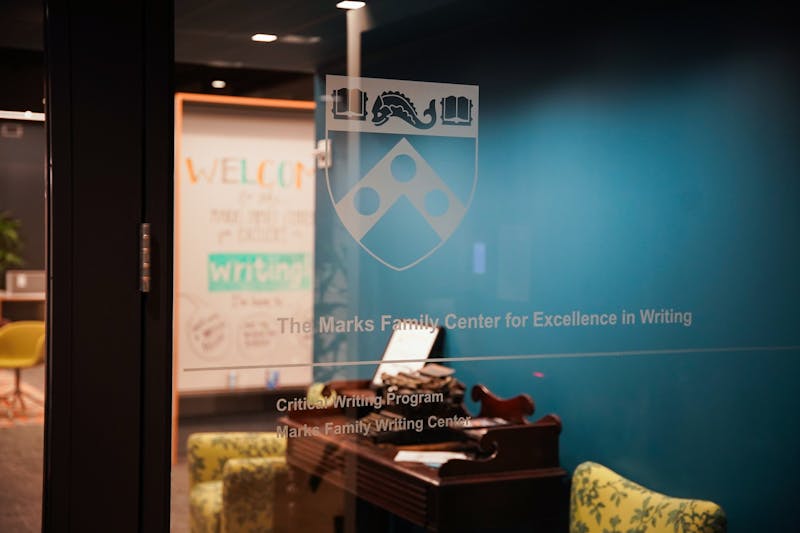When a student is found with saliva dripping from the side of his mouth onto the pages of a textbook, he is procrastinating. Using this imagery of the drooling student, consumer advocate Ralph Nader warned students that if they procrastinate, their needs might be ignored. Nader's two-hour long speech last night at the University Museum's Harrison Auditorium highlighted the need for people, especially students, to join together as consumers to fight for what they want. America's leading consumer watchdog stressed that for power to be brought back to the people, corporations must disclose the truth about their products. According to Nader, people must know which product is cheapest per unit, which product is safest, and which product is best if they are to make correct decisions as consumers. To illustrate his point, Nader urged University students to "assert [themselves] as citizens of the community," on such issues as the razing of Smith Hall. He also talked about the need for student input into where University research dollars are spent. Nader, leaning on a podium with a large accordion envelope at his side, also spoke about "consumer justice," and described at length the "controlling processes" which allow government and corporations to dictate the allocation of resources. Nader then addressed the problem of "seller-side yardsticks" -- measurement of success by corporations, rather than by consumers. He maintained that this leads to "the Wharton School Theory of Empirical Starvation," which states that if business sells it, and consumers buy it, it's good for consumers. According to Nader, people are too complex for that. Nader also discussed the idea of "growing up corporate," which begins in infancy with the replacement of mother's milk by mass-produced formula. The process is cemented, he said, by television. The 1955 Princeton graduate added that children today are more familiar with brand names than with historical figures. Nader cited the standardization of the airbag in American cars as an example of successful consumer action. General Motors promised to install them in some models 1975 but did not act on that promise for over a decade, when rival Ford Motor Company offered airbags as an option in response to consumer pressure. "Whenever consumers mobilize, amazing things begin to happen," Nader said. Nader adamantly opposed those who suggest that America has become a sue-happy society, and he said that litigation forces corporations to do what is right. When the speech was over, Nader invited the audience -- which consisted of students, faculty, and members of the community -- to sign up for a number of organizations, one of which was trying to start a Public Interest Research Group on the University's campus. Nader added that for a PIRG to succeed, it must have the support of the University's President and Board of Trustees. Professor Thomas Dunfee, the chairperson of the Legal Studies Department, introduced Nader. He said Nader's biggest asset is his ability to make an impact, as he has in the areas of auto safety, insurance reform, and workplace safety. Students said that Nader's reputation drew them to the speech, which was sponsored by Connaissance. "I was just curious to hear from the consumer advocate himself how he felt about his causes after all these years," said Wharton junior Oliver Boulind.
The Daily Pennsylvanian is an independent, student-run newspaper. Please consider making a donation to support the coverage that shapes the University. Your generosity ensures a future of strong journalism at Penn.
DonatePlease note All comments are eligible for publication in The Daily Pennsylvanian.








